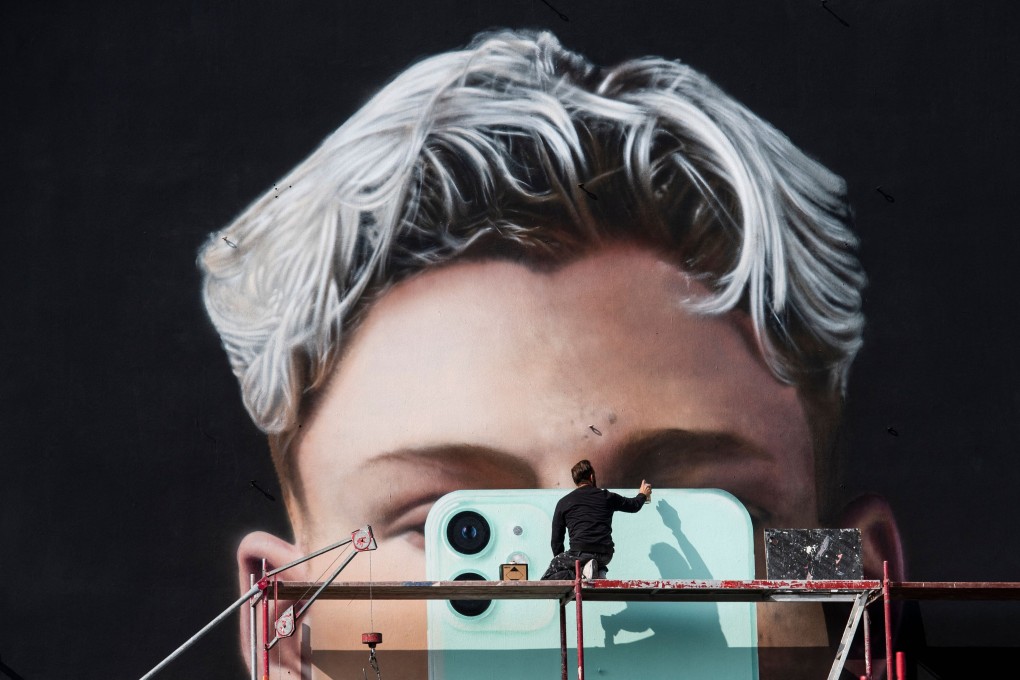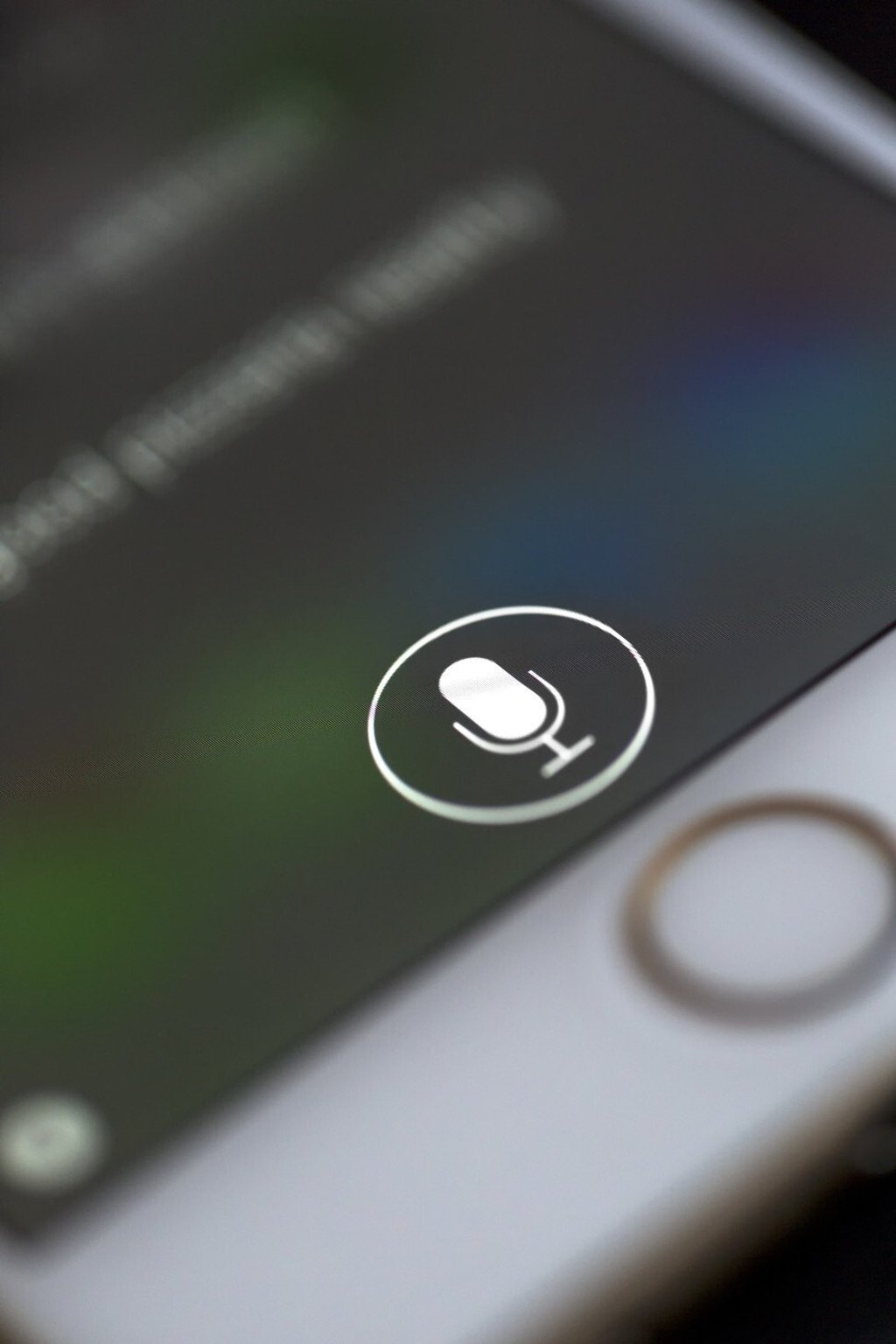Advertisement
Chinese AI firm seeks to stop Apple’s iPhone production, sales ahead of new device launch next week
- Shanghai Zhizhen Intelligent Network Technology, also known as Xiao-i Robot, continues to push its nearly decade-long patent dispute with Apple over Siri
- Apple is expected to launch the new iPhone 13 line and other devices in the US at an event on September 14
Reading Time:2 minutes
Why you can trust SCMP
6

A Chinese artificial intelligence firm has asked a Shanghai court to stop the production and sale of Apple’s iPhone in the country over a long-standing patent dispute involving virtual assistant Siri, around a week before the world’s most valuable company launches the latest update of its flagship smartphone.
Shanghai Zhizhen Intelligent Network Technology, also known as Xiao-i Robot, last Friday applied to the Shanghai Higher People’s Court for a preliminary injunction to ban the manufacture, sale and export of iPhones containing Siri that infringe on its patent, according to the Chinese company’s statement that was posted on its official WeChat account on Tuesday.
Xiao-i Robot chief executive Yuan Hui said in the statement that Apple did not respect its intellectual property. “Apple should immediately stop the infringement, take down and stop selling the related products,” Yuan said.
Advertisement
The statement came a few hours before Apple, with a market capitalisation of US$2.59 trillion as of Wednesday, announced a “special event” in the US on September 14, when the company is expected to launch its latest iPhone 13 line and other devices. This event, like Apple’s other product launches since 2020, will be held online.
Responding to a request for comment on Wednesday, an Apple spokeswoman referred to the company’s previous statement issued in August 2020, when it refuted the allegations in Xiao-i Robot’s patent infringement lawsuit that sought 10 billion yuan (US$1.5 billion) in damages.
Advertisement

Advertisement
Select Voice
Choose your listening speed
Get through articles 2x faster
1.25x
250 WPM
Slow
Average
Fast
1.25x